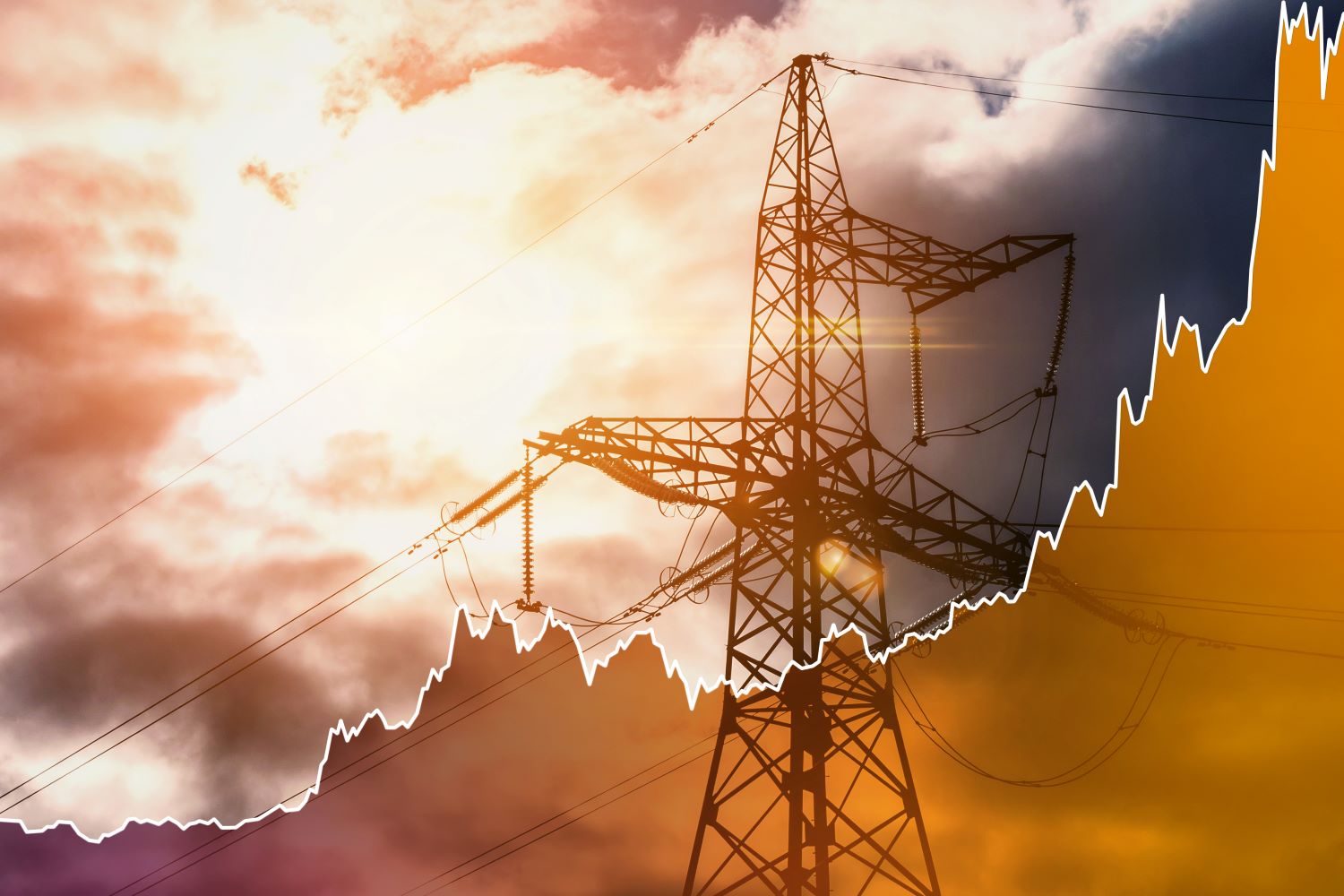Eskom should rather focus more on cost-cutting, stop using outdated economic studies and use more cost-reduction strategies, Outa says.
Civil rights organisation Outa has rubbished Eskom’s pricing application to energy regulator Nersa that would mean a 66% increase in the price of electricity over the next three years, saying it is excessive.
The Organisation Undoing Tax Abuse (Outa) made a submission to the National Energy Regulator of South Africa (Nersa) opposing Eskom’s pricing application. South Africa cannot afford this, Estienne Ruthnam, senior project manager at Outa, says.
“Our submission addresses significant concerns regarding Eskom’s proposed electricity price increases over the next three years, from 2025 to 2027. Outa’s core argument is that Eskom’s application for a 66% revenue and price increase — proposed at 36.15% for 2025, 11.81% for 2026 and 9.1% for 2027, is excessive and will have adverse effects on South Africa’s economy, customers and society.”
Outa notes in its submission that these increases come on the back of massive revenue and price increases for Eskom over the past 15 years and that Eskom focuses on ensuring cost reflectivity by increasing tariffs and revenue, rather than by reducing costs and improving performance and efficiency.
ALSO READ: Proposed Eskom tariff increase could sink municipalities – report
Outa’s submission to Nersa on Eskom’s increase application
The submission opposing Eskom’s price application highlights issues such as Eskom’s insufficient focus on cost-cutting, outdated economic studies and under-utilised cost-reduction strategies. Outa’s key recommendations include:
- Rejecting the proposed increases: Outa believes the requested increases are too high and argues that these will exacerbate the economic burden, especially since they exceed inflation.
- Focusing on cost reflectivity and operational efficiency: Outa urges Nersa to push Eskom towards cost reductions in staffing, maintenance and energy procurement instead of passing rising costs onto consumers.
- Improving transparency and accountability: Outa suggests that Eskom must adopt a clearer, more transparent approach to budgeting for assets and managing operational costs, as well as address issues related to asset valuation and depreciation.
- Commissioning independent studies: Outa proposes that Nersa should initiate independent studies on Eskom’s socio-economic impact, staffing levels, remuneration and regulatory asset valuation to provide a balanced view of Eskom’s costs.
- Transitioning to clean energy: The submission emphasises the need for Eskom to shift more rapidly toward affordable, sustainable energy sources and avoid reliance on fossil fuels.
- Supporting market reforms: Outa recommends restructuring Eskom and increasing competition within the energy sector to foster diversity and competition in energy supply.
Ruthnam says Outa’s detailed, data-driven response seeks to persuade Nersa to scrutinise Eskom’s approach, prioritise South African consumers and ensure responsible regulation of electricity prices that balances economic stability with sustainable energy practices.
ALSO READ: New Eskom tariff plan ‘needs to face class action suit’
Eskom’s application to increase prices during next three years
Nersa received Eskom’s Multi-Year Price Determination application for the years 2025/26 to 2027/28 in August and called for comment in September on the application and a consultation paper, with a closing date of 1 November.
Nersa is also due to hold public hearings on the Eskom application from 18 November to 4 December and expects to decide on it on 20 December. Nersa said the main drivers of Eskom’s request for price increases were the cost of primary energy, operating costs, the cost of independent power producers (IPPs), international purchases and depreciation.
The Eskom application is calculated on a revenue requirement of R446 billion for the first year and R495 billion and R537 billion for the subsequent years.
The increases follow two big increases for the last two years of 18.65% and 12.74%. This means the average price of electricity on the standard tariff increased from 173.8 cents per kilowatt hour in 2023/24 to 195.95c in 2024/25 and if Eskom’s application is granted, this will increase further to 266.78c for 2025/26, to 298.27c for 2026/27 and to 325.4c for 2027/28.
ALSO READ: Higher fuel price means bleaker festive season ahead for many South Africans
Eskom also slipping in clawing back money for past years
Ruthnam says the price will also be affected by an increase due to Eskom’s Regulatory Clearing Account application for 2021/22. On 30 July 2024, Nersa granted Eskom permission to claw back R8 billion from customers for under-recovery of costs during 2021/22 (Eskom asked for R24 billion).
The way this will be added to the tariffs must still be finalised, while Eskom also applied for 2022/23, asking for R9 million due to be finalised in December. Customers are currently still paying for the decision for R3.5 billion for 2019/20, which is being liquidated over 2024/25 to 2026/27.
Eskom applied for R11 billion for 2020/21, but Nersa cut this down to a reduction of Eskom’s revenue for that year by R204 million.
